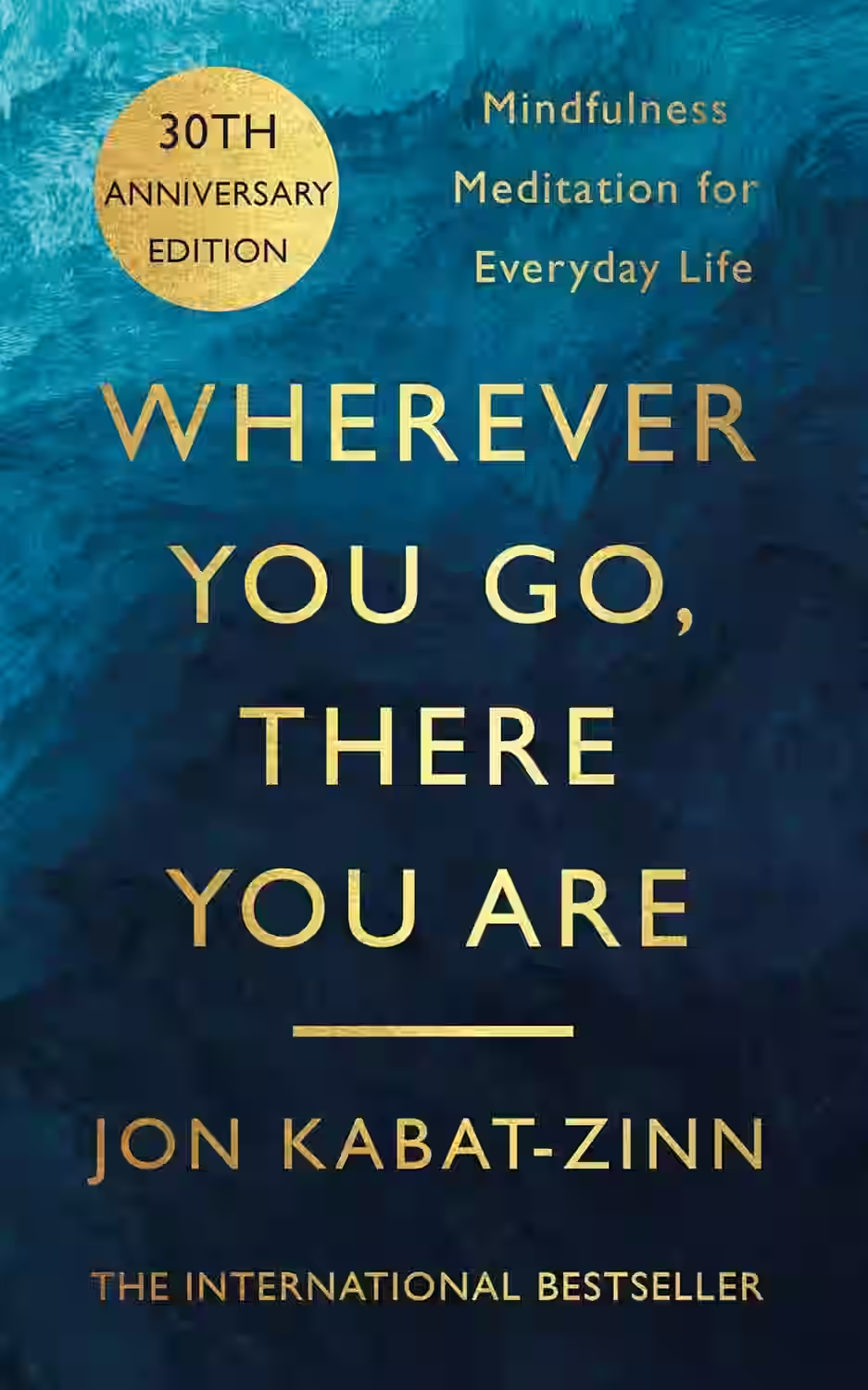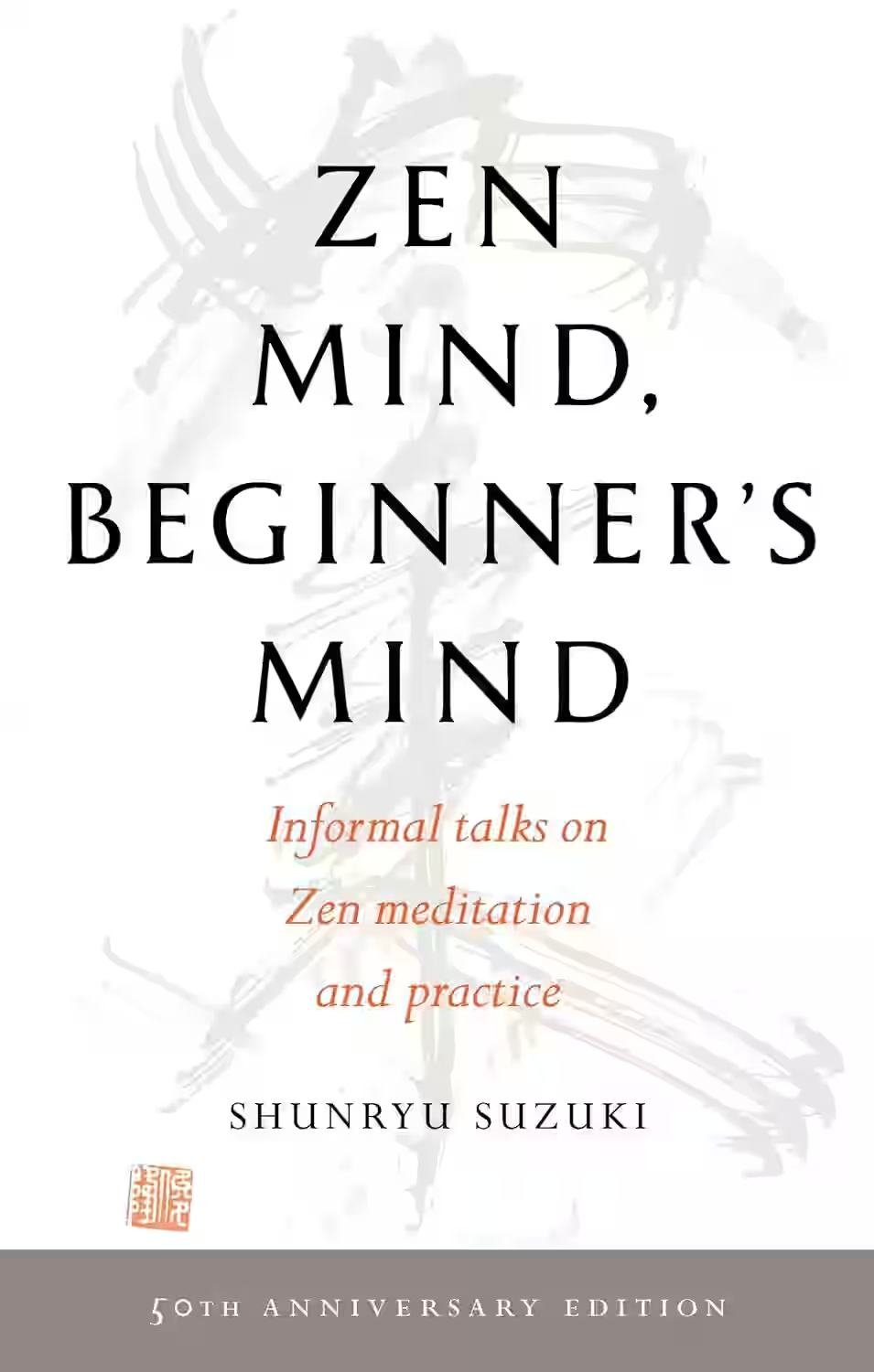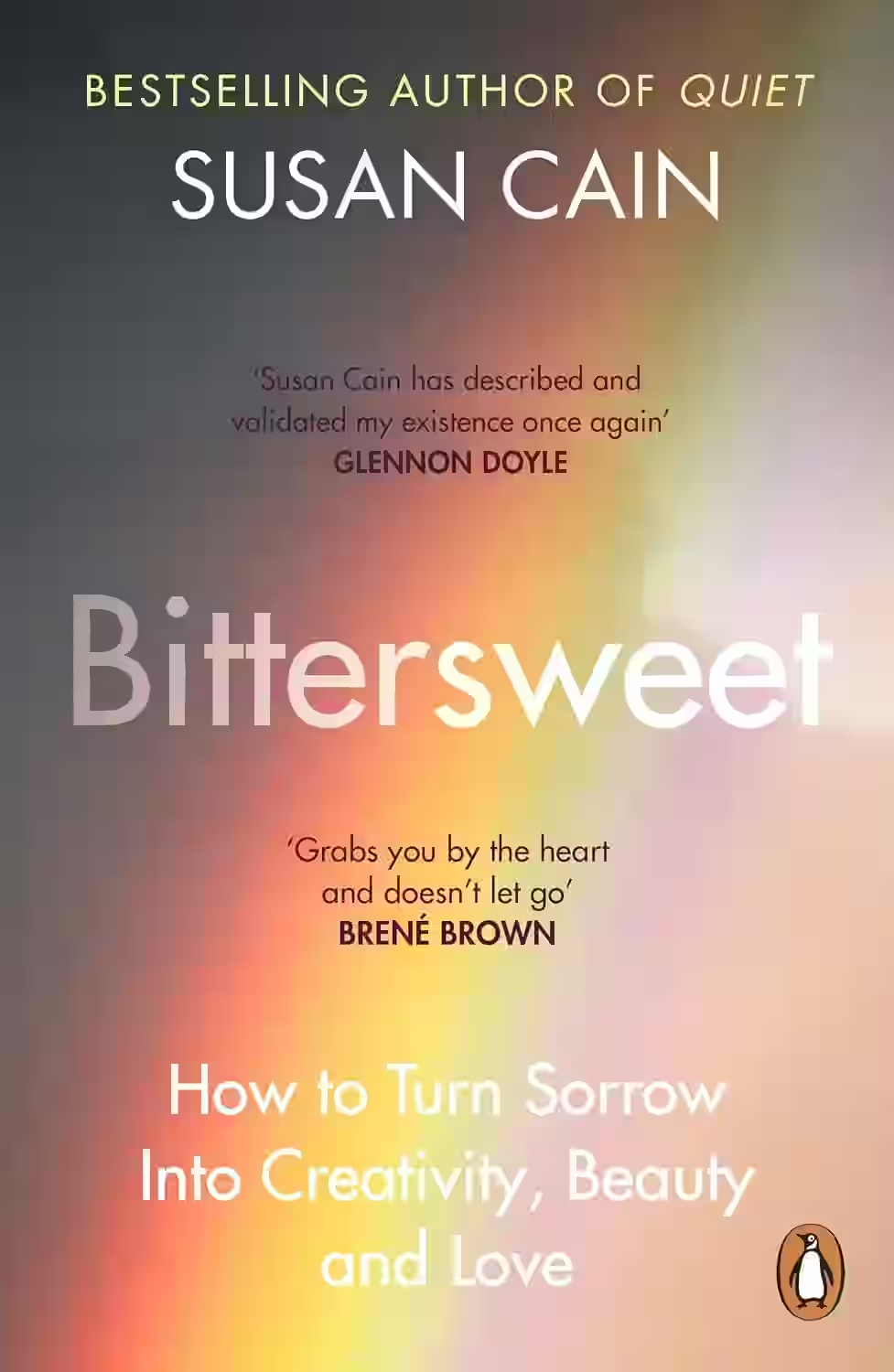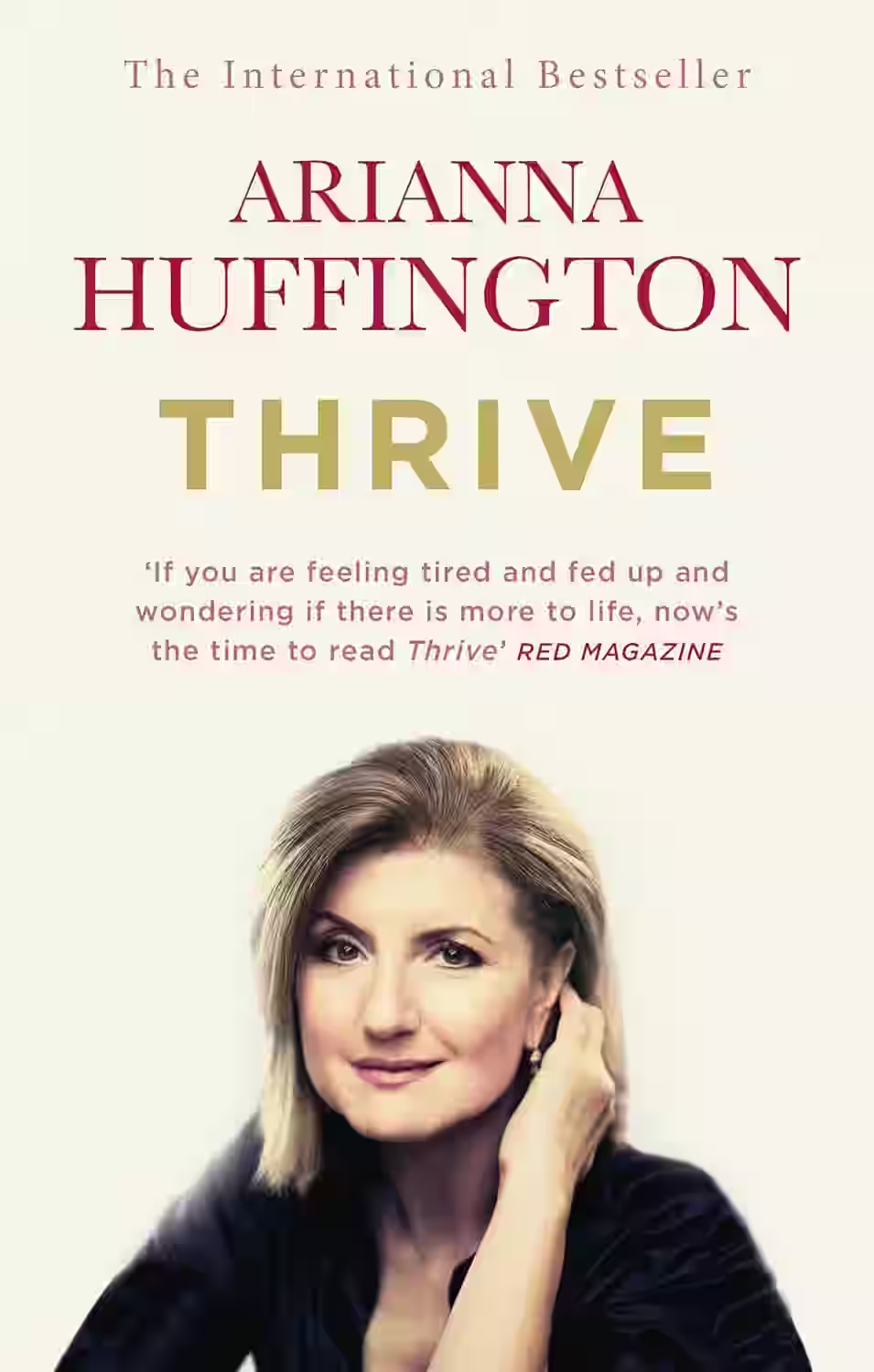
This accessible guide by mindfulness pioneer Jon Kabat-Zinn introduces readers to the practice of meditation and its transformative effects. With gentle wisdom and simple language, he demystifies mindfulness, showing how it can be integrated into everyday activities to foster clarity, calm, and presence. Kabat-Zinn emphasizes that mindfulness is not about escaping or changing life, but embracing it fully—wherever you are. Divided into short chapters, the book is ideal for both newcomers and experienced practitioners. Its core message: peace and awareness are available in the present moment, no matter the circumstances, if we choose to be truly present.
About Jon Kabat-Zinn
Jon Kabat-Zinn is an American professor emeritus of medicine and the creator of Mindfulness-Based Stress Reduction (MBSR), a therapeutic approach that combines mindfulness meditation with modern science. He founded the Stress Reduction Clinic at the University of Massachusetts Medical School and has been instrumental in bringing mindfulness into mainstream medicine and psychology. His bestselling book Wherever You Go, There You Are distills the essence of mindfulness for everyday life. Kabat-Zinn’s teachings are rooted in Buddhist traditions but adapted for secular and clinical settings. Through decades of work, he has helped millions reduce stress, improve well-being, and live more consciously.
Similar Books

Be Here Now
by Ram Dass
Part memoir, part spiritual guide, Be Here Now traces Harvard psychologist Richard Alpert’s transformation into Ram Dass after a life-altering trip to India. Blending Eastern philosophy, psychedelic exploration, and yoga teachings, the book offers a path to mindfulness and enlightenment. Its iconic illustrations and free-form structure embody its message of living in the present moment. Ram Dass emphasizes love, surrender, and the inner journey, encouraging readers to release ego and awaken to higher consciousness. A seminal work in 1970s counterculture, it remains a deeply influential text for spiritual seekers, mindfulness practitioners, and open-hearted wanderers alike.

Zen Mind, Beginner’s Mind
This beloved introduction to Zen philosophy encourages readers to approach life with the openness of a beginner’s mind. Shunryu Suzuki, a Japanese Zen master, emphasizes simplicity, discipline, and non-attachment in meditation and daily living. Through short teachings and anecdotes, he explores concepts like breath awareness, mindfulness, and presence. The book’s core message is that spiritual depth arises not from mastering techniques, but from cultivating curiosity and acceptance in each moment. Revered for its clarity and poetic resonance, it has become a timeless guide for practitioners of Zen and anyone seeking peace, mindfulness, and a return to the present.

Bittersweet
by Susan Cain
In Bittersweet, Susan Cain examines the power of embracing sorrow and longing as essential aspects of the human experience. She argues that acknowledging and accepting these emotions can lead to greater creativity, connection, and fulfillment. Drawing on research and personal anecdotes, Cain challenges the cultural emphasis on constant positivity, advocating for a more nuanced understanding of happiness. The book offers a compelling perspective on the value of melancholy and its role in leading a meaningful life.

Thrive
In Thrive, Arianna Huffington redefines success beyond wealth and power, proposing a third metric rooted in well-being, wisdom, wonder, and giving. Drawing from research and her own life, she argues that burnout and stress are not badges of honor but symptoms of a misguided culture. The book explores mindfulness, sleep, gratitude, and compassion as essential to living a fulfilling life. Huffington weaves personal anecdotes with scientific insights to promote a more holistic vision of success—one that nurtures both the self and the community. Thrive serves as a call to prioritize what truly matters in a fast-paced world.